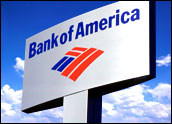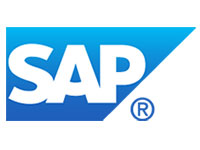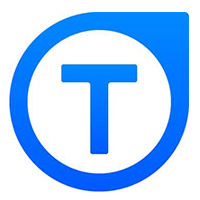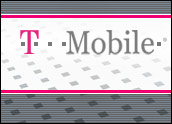
Banks have still not made important reforms or improvements in their checking account practices, according to an update Pew Charitable Trusts made to a report it released in April 2011, “Hidden Risks: The Case for Safe and Transparent Checking Accounts.”
The original report set out a discouraging list of banking practices that added fees to consumer accounts — fees that were not necessarily easy to identify beforehand and thus avoid.
Better Fee Disclosure
To be sure, banks have made some improvements since the original report was issued, Project Director Susan Weinstock told CRM Buyer.
A few banks and credit unions have adopted Pew’s recommended disclosure box that makes it easier for consumers to see the fees to which they may be subject and to compare those fees with other institutions, she said.
“TD Bank and Chase have adopted the box, and Bank of America and Citigroup have committed to doing so within the next few months,” noted Weinstock.
Two major credit unions — Pentagon Federal and North Carolina State Credit Union — have also done so, she said.
Hidden Gotcha Fees
Still, much progress needs to be made.
Account holders are not provided with clear information about overdraft options offered and their costs, the update notes. Indeed, certain overdraft fees have actually increased.
“The $35 overdraft fee has gotten a lot of media attention,” Weinstock said. “But it still hasn’t changed.”
Perhaps worse, related fees have risen. The overdraft transfer fee — which transfers money from savings to checking to cover an overdraft — has risen by 20 percent over the last year. Also, extended overdraft fees have gone up 32 percent, according to Weinstock.
The overdraft fee is particularly galling to consumer advocates when one realizes how little it costs a bank to support an overdraft.
“Banks pay no more than 5 percent of the value of the overdraft per day,” Richard S. Bernstein, CEO of Richard S. Bernstein & Associates, told CRM Buyer.
“In many cases, the overdraft fee represents anywhere from 50-100 percent of the actual amount overdrafted,” he pointed out. “If the banks simply passed on their overdraft costs from the Federal Reserve plus a 10 percent markup, you would have the banks making money and the American people not getting taken advantage of like they are today.”
Reordering Checks
Another risk to consumers is the bank practice of posting checks from largest to smallest. This practice, much maligned by consumer advocates, not only makes it more likely for an account to fall into the red but also maximizes the amount the customer will have to pay in overdraft fees.
“For instance, if a customer has $100 in a checking account and charges of $25, $50, and $100, the bank will process the $100 charge first so it can charge two overdraft fees for the $25 and $50 transactions, even if the $100 was not charged before the $25 and $50 charges,” Bernstein explained.
It is a particularly insidious practice, Weinstock added, because banks in some cases will take transactions that occurred over a number of days and reorder them.
Also, financial institutions continue to restrict consumers’ options for recourse in the event of a dispute, Pew said.
Not Much Motivation to Change
It is doubtful that banks will make changes to these policies — at least, not beyond what widespread consumer outrage or regulatory agencies force them to make, said Bruce Kasanoff, co-author of Smart Customers, Stupid Companies.
“For almost 15 years, banks have been giving lip service to CRM, but not actually doing much of substance to make life easier for their customers,” he told CRM Buyer. “Lately, they’ve actually gone in the opposite direction, sneaking in new fees wherever possible, in an effort to boost their profitability.”
Change in the banking industry will come from the edges, Kasanoff predicted, “as new competitors arise that can treat customers in a far more intelligent manner.”























































